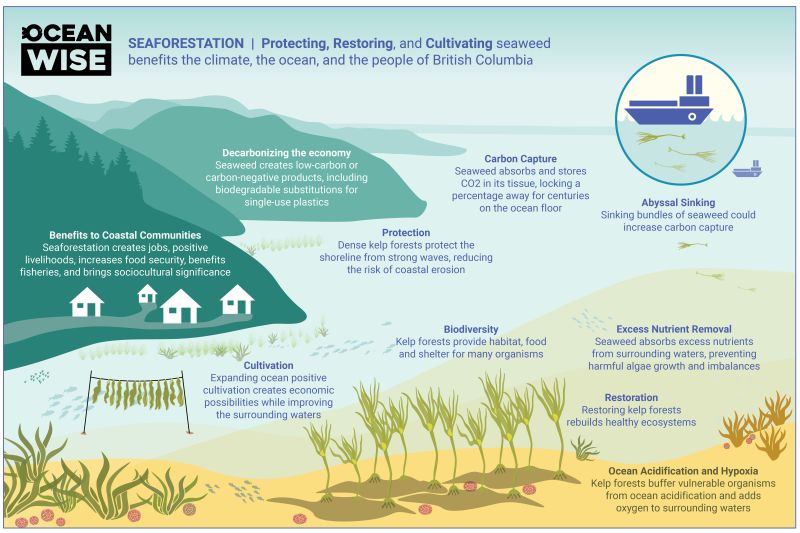
For me personally, Regeneration was the book that impacted me the most. As someone who isn't an environmental science major and doesn't have the type of "brain" required for politics or engineering, it often feels like I can do very little to combat the climate crisis. I try my best to turn off my lights, limit my paper towel usage, and carry around my own reusable water bottle, but I feel like a victim of performative action more than I feel like an activist. It oftentimes feels like my life is in the hands of a few giant oil companies that don't care, and will never care, about who I am or what my dreams are. And not to mention the constant victim-blaming by giant corporations who tell me that my use of plastic straws is the reason why our planet is doomed.
That's why I was shocked by Hawken's approach. He seemed so...optimistic about our future. Although there is a sense of urgency, Regeneration didn't turn to fear tactics or convincing me that the world is going to blow up at any second to force me into action. Instead, I felt like Hawken understood my fears and my anger, gave me a sense of purpose and dignity, and made me feel like I could do something important. He also made me feel like I wasn't alone, and he emphasized the idea that I couldn't do it alone.
Two of Hawken's various approaches to protecting the planet stood out to me in particular. The first is the idea of increasing marine protected areas and using them to help sequester carbon. There is no doubt that humans are steadily growing in population, and that we take up more and more space each year. Although forests and grasslands have their own environmental benefits, marine landscapes could be incredible power houses when it comes to taking carbon from the air. Hawken believes that seaforestation, or the growth and protection of kelp forests and algae, has a slew of benefits, such as burying gigatons of carbon or almost completely eliminating the methane gas produced by livestock. "MPAs are a low-tech, cost-effective strategy that sequesters carbon and helps protect and enhance the the coastlines of the world...The goal of protecting 30% of the oceans by 2030 is a triple win: more wild fish to feed a growing population, restored biodiversity, which brings resilience to climate change, and secured carbon" (Hawken 20). They also protect the sea otter population, which is a major plus in my books.



I think my generation, for the most part, wants to do something about the climate crisis. We are more empathetic and more educated than generations before us. We are also angrier. "Ours is a generation that, in many ways, had to grow up very quickly and face life’s realities sooner than our parents did...Clearly, age is not a barrier to inspiring real positive change in society." We have experienced first-hand the first effects of previous generations' wrongdoings. We are pioneers for change, but we need to recognize that we cannot do it alone. "There is no such thing as a single individual" (Hawken 10). The climate crisis is a humanitarian crisis, and it is in the hands of each of us as a community to solve it, for our health, our security, our justice, and our planet.
"Hawken's "People" and "City" chapters remind me of the humanitarian approach taken by Wendell Berry" - me too! Intriguing agri-/rural parallelism there. I think you're right, if constructive change is to come it will be rooted in initiatives undertaken at the grassroots by small impassioned communities that insist on being properly, humanely governed.
ReplyDelete